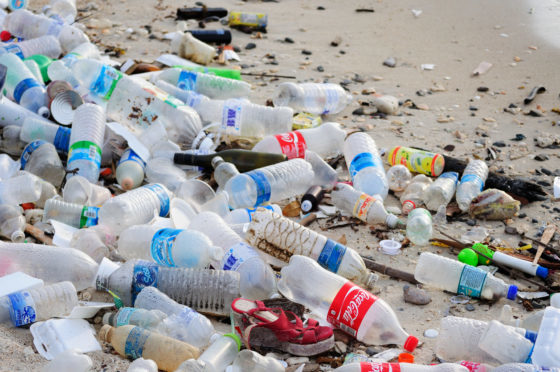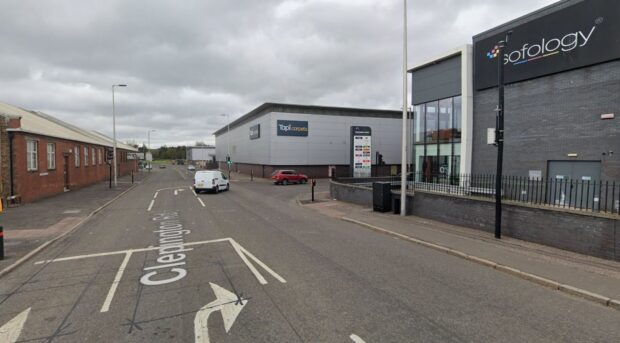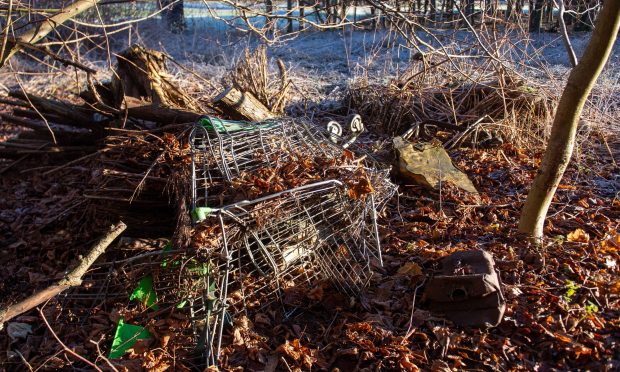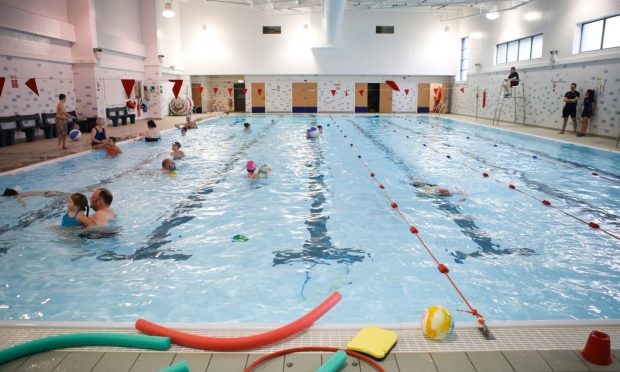It’s fair to say future generations will not to be too impressed with our addiction to plastic.
In fact, given that plastic takes around 450 years to decompose, future generations are likely to be cursing us for the mess we have left behind for centuries to come.
But, no pun intended, there has been a sea-change in attitudes toward plastic since Sir David Attenborough highlighted its devastating impact on our oceans in Blue Planet II.
His programme showed an albatross unwittingly feeding its chicks plastic and ended with Sir David warning that our oceans are becoming a “toxic soup” that threatens humanity itself.
The figures alone are terrifying – somewhere between 4.8 million and 12.7 million tonnes of plastic end up in our oceans each year.
Each EU citizen alone creates around 31 kilograms of plastic waste every year although this figure will drop after Brexit but only because here in the UK we tend to throw away even more than that – around 40kg.
Now Dundee City Council has become the latest local authority to take steps to cut back on single-use items like straws by officially backing the Final Straw campaign.
As well as trying to find more environmentally-friendly alternatives to use in its own premises, the council will also be encouraging businesses to cut back on plastic too.
Encouragingly, there seems little resistance to the scheme from businesses in Dundee.
Hotels like the Apex have already taken steps to reduce their use of plastic while global firms like McDonalds are already doing the same thanks to the sudden interest in all things plastic.
But, and sadly there is always a but, cutting down on the amount of straws we use, or plastic bags, is only a drop in the ocean, pun, this time, intended.
While cutting back on plastics can only be good for the environment, the biggest plastic polluters of our oceans and seas are global fishing companies.
Most of the plastic found in the Great Pacific Garbage Patch – a 1.6 million square kilometre stretch of ocean covered in plastic detritus – comes from commercial fishing equipment.
Getting those companies to properly dispose or recycle items like old nets – and penalising those that fail to do so – is also key.
Not only do these items pollute their oceans, they also continue to trap marine life
The Final Straw campaign has had amazing success in capturing the public’s imagination and changing personal behaviour.
Now it needs to turn its attention to bigger fish – even if that is a much harder task.










